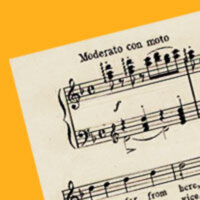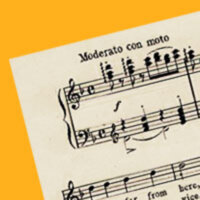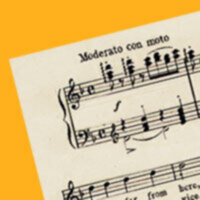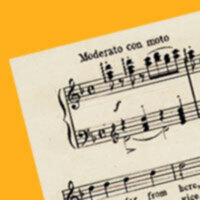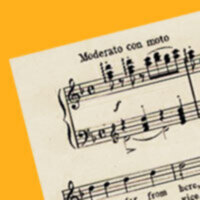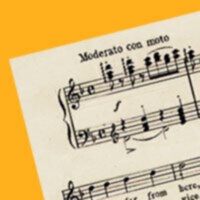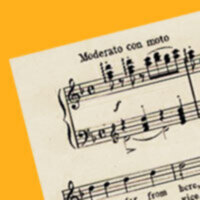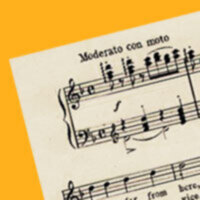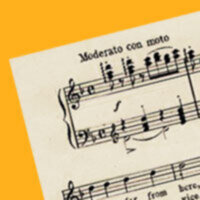Browse Items (43 total)
Sort by:
Dixie
Officially written by a Northerner, this song was rewritten by Southerners and Northerners to support varied agendas. “Dixie” is symbolic of the Lost Cause of the Old South and Southern resistance to the Civil Rights Movement.
Desapariciones
Forced disappearances were a key tactic of various dictatorships of the Americas. The song follows the story of a man and woman, ordinary people who have disappeared, and the fight their family engages in to try and locate them. The final stanza…
Crossroad Blues
This song introduces the common Blues music themes of crossroads and collective suffering. Crossroads, high traffic vehicular roads, feature prominently as landmarks in the Mississippi Delta area that Johnson called home. In the song, Johnson tries…
Tags: devil, genre: blues, U.S. South, United States
Come on in My Kitchen
The song could be used as an example of the loose narrative and references to the supernatural and/or folk beliefs often found within the blues genre. Though the song lacks a linear narrative, the collection of somewhat unrelated vignettes which…
Carry Me Back to Old Virginny [Hayden Quartet]
This song can be used to discuss "Old South" or the "Antebellum South" nostalgia, which became a part of U.S. Southern culture. The song presents the story of an ex-slave who is longing to return back to their day on a plantation. The ideas expressed…
Carry Me Back to Old Virginia [Rick Pickren]
This song can be used to discuss "Old South" or the "Antebellum South" nostalgia, which became a part of U.S. Southern culture. The song presents the story of an ex-slave who is longing to return back to their day on a plantation. The ideas expressed…
Carabina 30-30
Used in conjunction with the Himno Zapatista, which samples Carabina 30-30, this song is a way to show the ways in which the Zapatista movement invokes the memory of the Mexican Revolution.
Tags: Mexican Revolution, Zapatistas
Bring Him Back Home (Nelson Mandela)
Hugh Masekela, considered the father of South African Jazz, wrote this anthem-like song in 1986 with Nelson Mandela in mind. The lyrics, though few, call for the immediate release of Mandela (who was a big fan of Masekela) and for him to return home…
Tags: Apartheid, genre: jazz, South Africa
Back Water Blues
Sung from the perspective of a flood victim in Nashville, this song discusses floods, a common occurrence in Southern life and a common theme found in blues music. The song's release coincided with the notorious Great Mississippi Flood of 1927.
Tags: floods, genre: blues, U.S. South, United States
